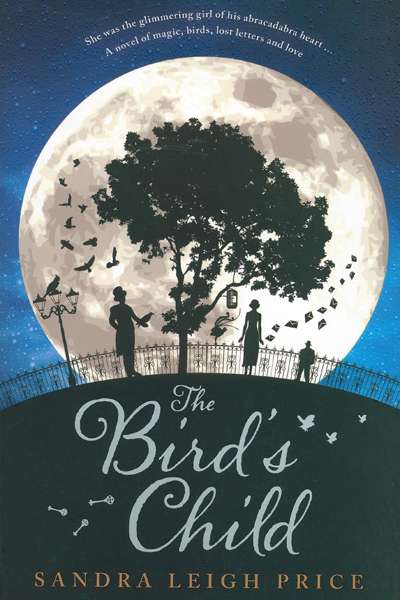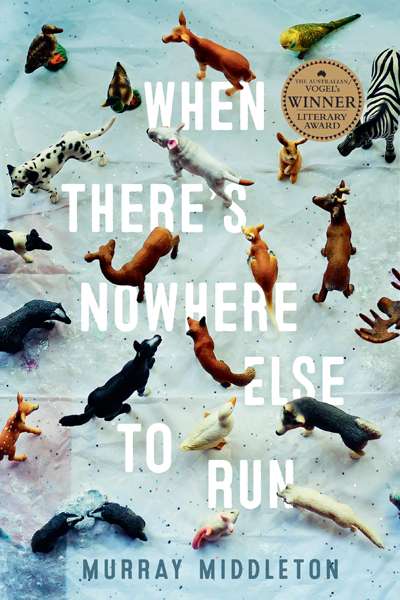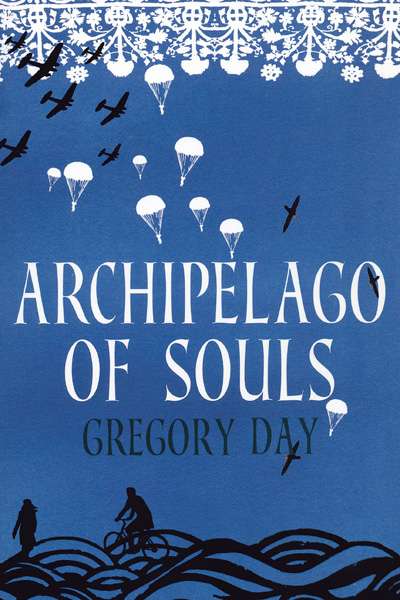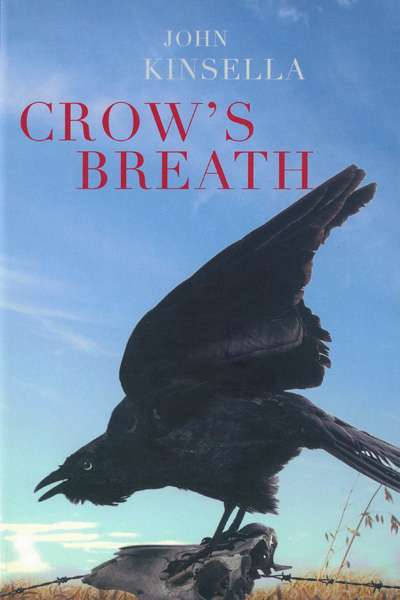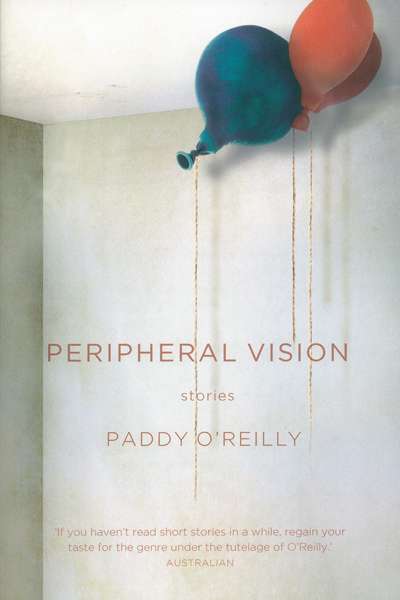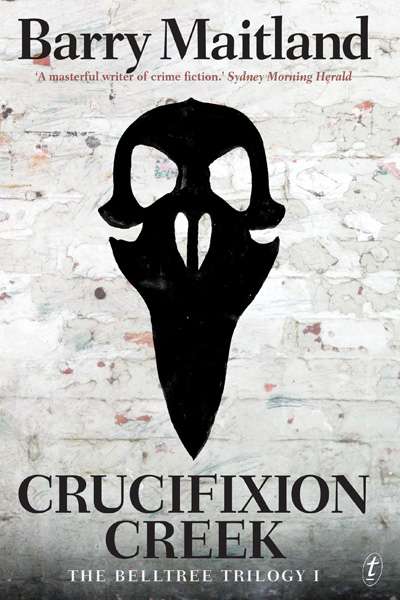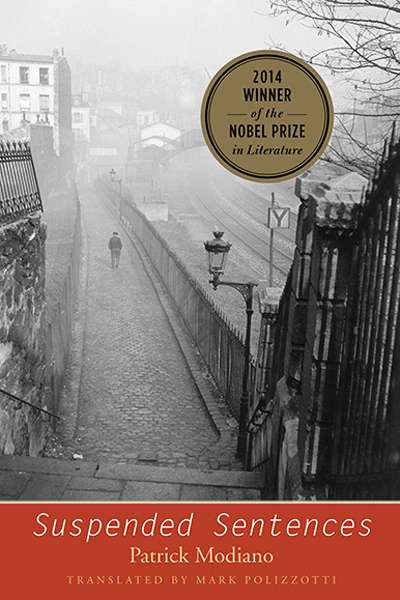Fiction
Early success is no guarantee of a book’s continued availability or circulation. Some major and/or once-fashionable authors recede from public consciousness, and in some cases go out of print. We invited some writers and critics to identity novelists who they feel should be better known.
This début novel brings 1920s Sydney to life through a fairy-tale lens, highlighting the city’s romance, its magic and its mystery. In alternating point-of-view chapters, the stories of three misfits unfold. Ari is a European Jewish refugee, raised in Sydney by his devout uncle, who wants him to become a rabbi. But Ari has other plans: an admirer of Houdini, he d ...
This début novel brings 1920s Sydney to life through a fairy-tale lens, highlighting the city’s romance, its magic and its mystery. In alternating point-of-view chapters, the stories of three misfits unfold. Ari is a European Jewish refugee, raised in Sydney by his devout uncle, who wants him to become a rabbi. But Ari has other plans: an admirer of Houdini, he d ...
Our national literary landscape would be seriously depleted without The Australian/Vogel’s Literary Award. It jump-started the careers of Tim Winton, Julienne van Loon, and Andrew McGahan, authors who have been willing to explore the harsher aspects of ...
An official account of a naval battle off the coast of Crete on 22 May 1941 includes reference to a ‘friendly fire’ incident when ‘HMS Orion was … repeatedly hit by 40mm shots from HMS Dido, which, in the maelstrom, ended up shooting at her comrade’. A few days later, during the evacuation from Heraklion, the crippled HMS Imperial had ...
Recently I drove east from Perth through wheat belt country to the Helena and Aurora Ranges, past Cunderin, Kellerberrin, and Koolyanobbing, towns whose names echo the rhythms of the landscape; past the shimmering salt pan that was once Lake Deborah East; down rutted tracks which changed abruptly from red earth to yellow sand; past the ravages of iron ore mines to t ...
Just as there are ways of writing short story collections, there are also ways of reading them. I used to be a rummager, picking through collections, seeking out the title piece, dipping in here and there to ascertain the feel of the stories, then reading the book from start to finish. Conscious now of the architecture of collections, of the fact that the author has ...
My postgraduate student frowned. ‘The Gathering? Isn’t that the one where someone sets a dog on fire?’ Spoiler alert: indeed it is. It is the book’s most memorable scene; it is certainly the most horrific. My postgrad had read Isobelle Carmody’s 1993 novel in high school and that was the first memory of it which surfaced. The scene shocked readers a ...
In his essay ‘The Fiction Fields of Australia’ (1856), Frederick Sinnett conducts an inquiry ‘into the feasibility of writing Australian novels; or, to use other words, into the suitability of Australian life and scenery for the novel writers’ purpose and, secondly, into the right manner of their treatment’.
The first book in Barry Maitland’s projected Belltree Trilogy, Crucifixion Creek features veteran of the Iraq and Afghanistan wars, detective Harry Belltree. The eponymous Creek is a wasteland in south-western Sydney with a bloody history of settlement, including punitive expeditions against the local Aboriginal tribe; race-based riots that ended in the lyn ...
Suspended Sentences: Three novellas by Patrick Modiano translated by Mark Polizzotti
Outside academia, Patrick Modiano was virtually unknown in the English-speaking world before the announcement of his Nobel Prize in October 2014. Since then, no fewer than seven different US publishers have joined the race to brin ...

